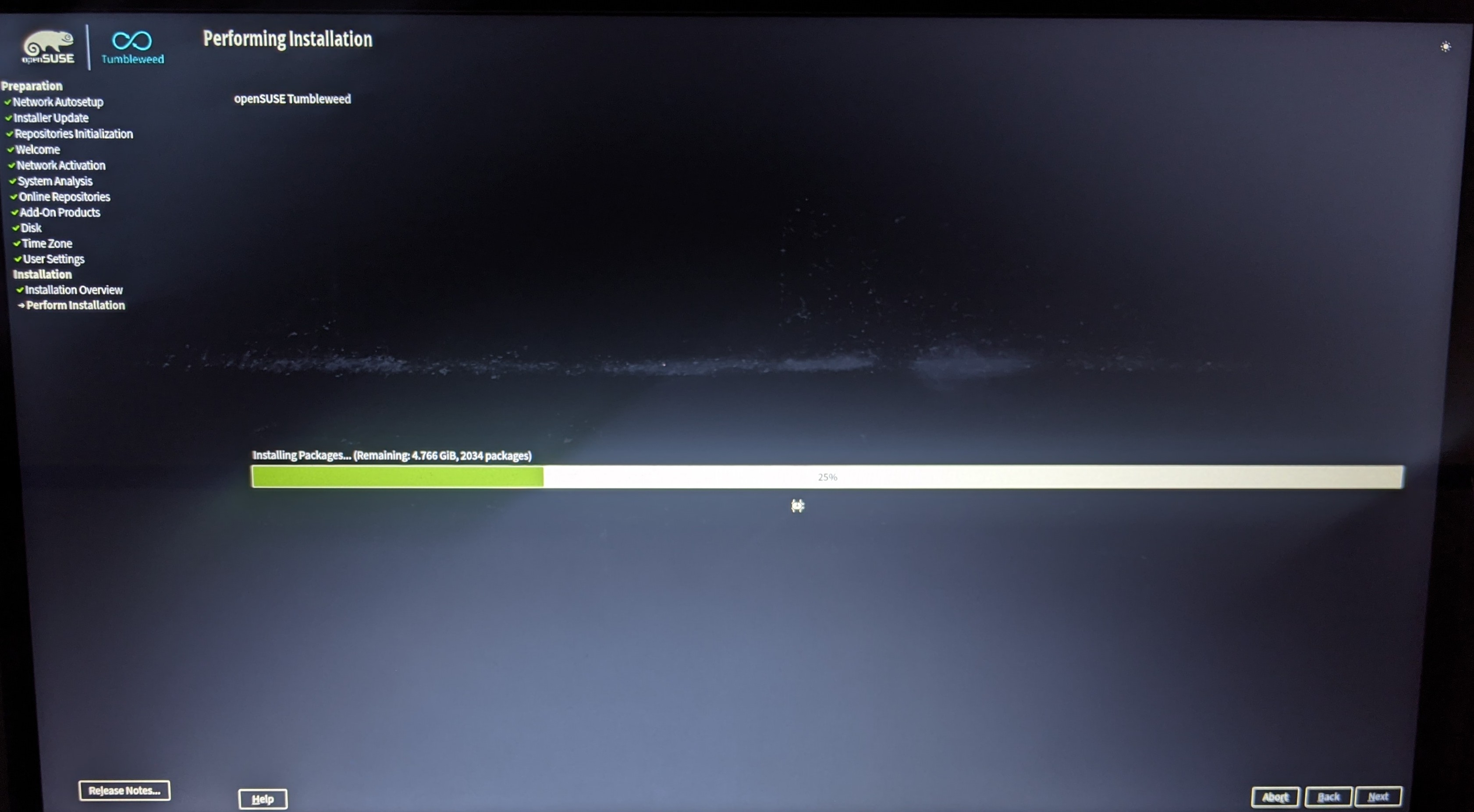205
you are viewing a single comment's thread
view the rest of the comments
view the rest of the comments
this post was submitted on 10 Apr 2024
205 points (93.6% liked)
Linux
48714 readers
1106 users here now
From Wikipedia, the free encyclopedia
Linux is a family of open source Unix-like operating systems based on the Linux kernel, an operating system kernel first released on September 17, 1991 by Linus Torvalds. Linux is typically packaged in a Linux distribution (or distro for short).
Distributions include the Linux kernel and supporting system software and libraries, many of which are provided by the GNU Project. Many Linux distributions use the word "Linux" in their name, but the Free Software Foundation uses the name GNU/Linux to emphasize the importance of GNU software, causing some controversy.
Rules
- Posts must be relevant to operating systems running the Linux kernel. GNU/Linux or otherwise.
- No misinformation
- No NSFW content
- No hate speech, bigotry, etc
Related Communities
Community icon by Alpár-Etele Méder, licensed under CC BY 3.0
founded 5 years ago
MODERATORS

Yeah it's alright. I've been using Tumbleweed on my Desktop PC for the last few months and I gotta say it's mid. They do hard drive unlocking in Grub instead of in the initfs which means that only LUKS 1 and with that only the not-so-secure PDKDF is supported, instead of argon2id which is the modern KDF you want to use. This is a small and annoying oversight in the distros security which is why I will not be using it in the future
Doesn't GRUB support LUKS2 nowadays? I know that wasn't the case a year ago or so, but I didn't see a notice on the Archwiki last time I checked.
Not sure how up to date this is, but it claims LUKS2 is only partially supported by GRUB https://docs.voidlinux.org/installation/guides/fde.html
You can fix this by manually placing the /boot partition outside of luks when you do your install. I did it and now my opensuse system boots in a reasonable time. Annoying to do but 100% worth it.
Luckily most installers support installing wherever you tell them to. So if you install from a live image you should be able to set it up the way you want. I'll definitely try that as soon as a I do my next installation.